Longitudinal Population Studies
All our partner Longitudinal Population Studies retain control of their participants’ data.

To date, we have collated data from more than 20 Longitudinal Population Studies (LPS) into our Trusted Research Environment (TRE). Data collected about participants include demographics, education, employment, lifestyle and physical and mental health.
UK LLC Vanguard group
Our Vanguard group comprises data managers, research managers and Principal Investigators from UK LLC partner LPS. The group meets to receive updates, co-develop processes, share best practice, expertise and strategic insight, and raise issues or risks.
WHAT DO WE OFFER?
More information can be found in our study prospectus:
UK LLC study prospectusHOW DO I JOIN?
If you represent a LPS interested in joining as a UK LLC partner contact info@ukllc.ac.uk and one of our team will talk you through the process and answer your questions.
Read our onboarding processIS MY LPS ELIGIBLE?
We are happy to discuss onboarding with any LPS – any UK study that has collected data from participants over time. There is a cost recovery charge to onboard to UK LLC and for linked data to be provisioned within the TRE. For more details on joining email info@ukllc.ac.uk
If you are a clinical cohort interested in data linkage, please contact the British Heart Foundation Data Science Centre.
Our Partner Longitudinal Population Studies
Airwave Health Monitoring Study Tissue Bank

The Airwave Health Monitoring Study Tissue Bank is an epidemiological study of police officers and staff in the UK. It was established in 2004 to investigate possible long-term health effects associated with use of TETRA, the personal radio system used by the police service. The cohort now supports broader research into common diseases affecting this well-defined occupational group.
Avon Longitudinal Study of Parents and Children
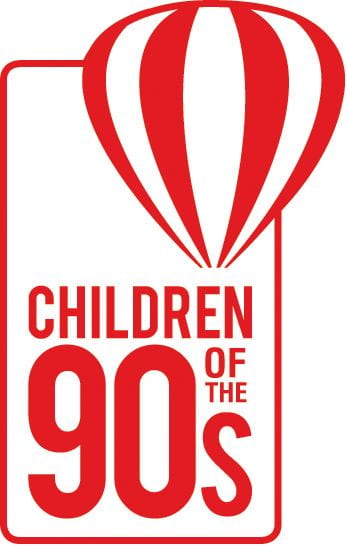
Avon Longitudinal Study of Parents and Children (ALSPAC) was established in 1991, this study charts the lives of 14,500 people born in the former county of Avon between April 1991 and December 1992 as well as the lives of their parents and their children, where applicable.
1970 British Cohort Study
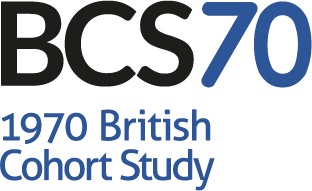
The 1970 British Cohort Study (BCS70) follows the lives of 17,198 people born in England, Scotland and Wales in a single week of 1970.
Born in Bradford

Born in Bradford (BiB) started in 2007 as a response to the poor health outcomes for children in Bradford. Pregnant women were recruited when they attended the Bradford Royal Infirmary for their routine maternity care.
English Longitudinal Study of Ageing

English Longitudinal Study of Ageing (ELSA) was established in 2002 with a nationally representative sample of 12,099 individuals aged 50 and over.
European Prospective Investigation of Cancer

The European Prospective Investigation of Cancer (EPIC-Norfolk) study recruited over 30,000 men and women aged 40-79 years at baseline between 1993 and 1998 from 35 participating general practices in Norfolk.
Extended Cohort for e-Health, Environment and DNA

Extended Cohort for E-health, Environment and DNA (EXCEED) looks at the causes of long-term health conditions by collecting information about genes and lifestyle. More than 10,000 people have already taken part.
Generation Scotland

Generation Scotland is a research study looking at the health and well-being of volunteers and their families, established in 2006. Over 24,000 people have joined from around 7,000 families across Scotland.
Genetic Links to Anxiety and Depression
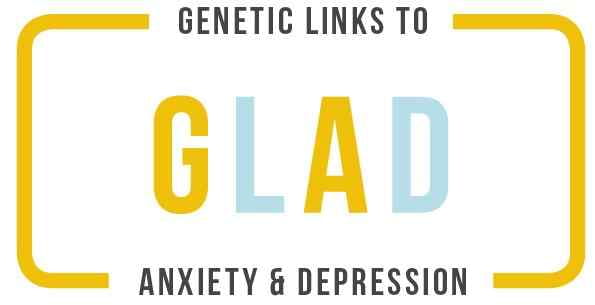
The Genetic Links to Anxiety and Depression (GLAD) study was set up to support studies exploring risk factors for depression and/or anxiety.
1958 National Child Development Study
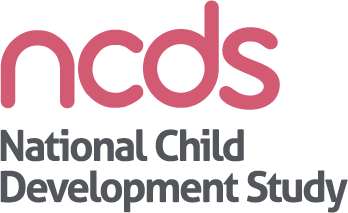
The 1958 National Child Development Study (NCDS) follows the lives of 17,415 people born in England, Scotland and Wales in a single week of 1958.
Next Steps

Next Steps is a longitudinal cohort study, following a nationally representative group of nearly 16,000 people born in 1989-90 who attended secondary school in England.
Northern Ireland Cohort for the Longitudinal Study of Ageing
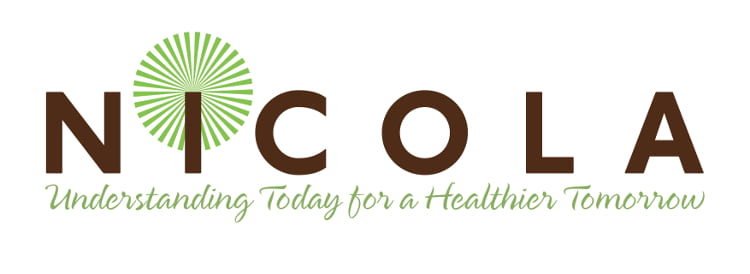
Northern Ireland Cohort for the Longitudinal Study of Ageing (NICOLA) is the first large scale longitudinal study of ageing to be set up in Northern Ireland. Set up in 2013, and follows the lives of 8,500 people from across Northern Ireland. It aims to explore why and how certain social, economic and biological factors are changing the lives of older people.
National Institute for Health and Care Research COVID-19 Psychiatry and Neurological Genetics Study BioResource

The National Institute for Health and Care Research (NIHR) COVID-19 Psychiatry and Neurological Genetics Study (COPING) BioResource is a study to assess impact of COVID-19 on mental, physical and neurological health.
National Survey of Health and Development

The Medical Research Council (MRC) National Survey of Health and Development (NSHD) is the oldest and longest running of the British birth cohort studies; it is a nationally representative sample (N=5,362) of men and women born in England, Scotland or Wales in March 1946.
Southall and Brent REvisited
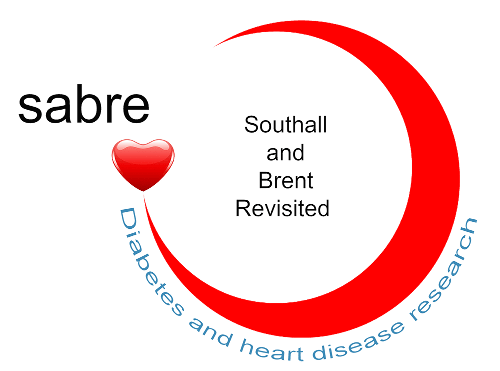
The Southall and Brent REvisited (SABRE) study started over 30 years ago between 1988 and 1991. The study was set up at University College London (UCL) to study health in mid-life in a group of nearly 5000 people of European, South Asian and African or African Caribbean origins.
The Fenland Study
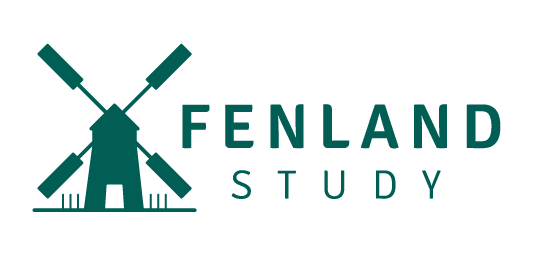
The Fenland Study commenced in 2005 and investigates the interaction between environmental and genetic factors in determining obesity, type 2 diabetes, and related metabolic disorders.
Millennium Cohort Study

The Millennium Cohort Study (MCS) is following the lives of 19,517 children born across England, Scotland, Wales and Northern Ireland in 2000-01.
TRACK-COVID

The TRACK-COVID study investigates why some people have symptoms of the new coronavirus (SARS-CoV-2 virus) and others don’t. It will help to determine the extent of infection in the general population as well as help to design new ways to prevent and treat such infections.
Twins Early Development Study

The Twins Early Development Study (TEDS) is a longitudinal cohort of twins born between 1994-1996 in England and Wales. With the help of over 10,000 families, TEDS investigates how genetic and environmental factors influence health, behaviour and cognition across development.
TwinsUK

TwinsUK is the UK’s largest adult twin registry and the most clinically detailed in the world. They have over 15,000 identical and non-identical twins from across the UK, with ages between eighteen and one hundred investigating multiple diseases and conditions.
UK-REACH: The United Kingdom Research study into Ethnicity And COVID-19 outcomes in Healthcare workers

UK-REACH is a longitudinal cohort study of ethnically diverse UK healthcare workers set up during 2020 to investigate ethnic differences in COVID-19 outcomes and broader physical and mental health outcomes. It includes a broad range of social and occupational factors. The cohort was supplemented in 2024/5 with staff new to the NHS workforce since 2021.
Understanding Society: The UK Household Longitudinal Study
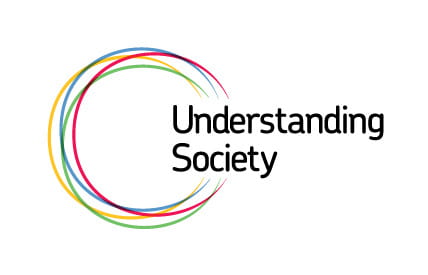
Understanding Society: The UK Household Longitudinal Study commenced in 2009 and is the largest household panel study in the world which addresses the key scientific and policy questions of the 21st century. It collects high quality annual longitudinal data on individuals of all ages in households representative of the UK population.
